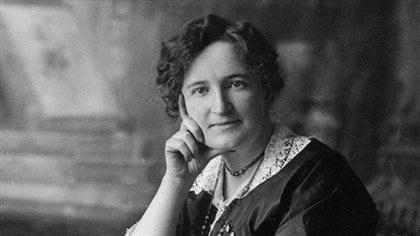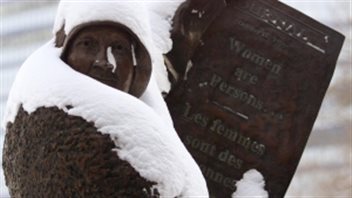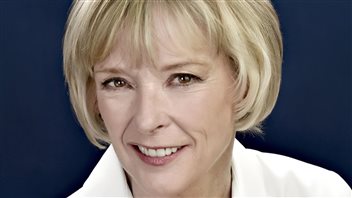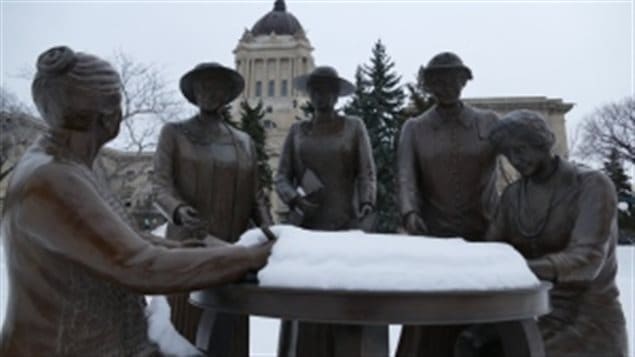Without the violence of campaigns in other countries, a Canadian movement to give women the right to vote succeeded in the province of Manitoba on January 28th, 1916. Most other provinces followed suit soon after.
As a British colony, Canada had only become self-governing less than 50 years before and was still proud of its connection with the Empire. Immigrants, particularly from Eastern Europe were flooding in.
Manitoba was one of the fastest-growing places. It was the gateway to the vast prairie grasslands that were being turned into wheat farms. Life was hard.

Campaign ‘sprang out of the temperance movement’
“The campaign for votes for women actually sprang out of the temperance movement,” says Charlotte Gray, historian and author.
“At this period in Canadian history, there were horrendous rates of drunkenness and alcoholism across the prairies partly because it was unbelievable hard work. The men outnumbered women by a large proportion because there were so many men building the railroad and trying to farm by themselves. Whiskey was cheaper than milk. And the whole issue of trying to bring some stability to family life was where the votes-for-women movement actually began.”
Listen
Leading suffragette a brilliant speaker
The movement had a brilliant speaker in Nellie McClung, about whom Gray has written many books. McClung was an excellent speaker who often used humour and was well able to parry the hecklers who often interrupted her speeches.
She famously told a crowd that a man convicted of stealing a girl would be fined five dollars, but a man stealing a cow would have to pay $14, and asked what kind of a society values an animal more highly than a human.
‘Quiet persistence and a lot of public education’ won the day
McClung and other women who campaigned against this kind of injustice finally realized they could fight issue by issue, but would have far more impact if they went to the seat of power and were able to elect representatives who were sympathetic to their causes.
So, while suffragettes were setting bombs in Britain and one died after throwing herself in front of the King’s horse, Canadian women set about achieving their ends through peaceful means, says Gray. “In Canada, the campaign was carried out with, sort of, quiet persistence, a lot of public education so that the leaders of the fight for votes for women made sure that men understood why this was important.”

Suffragettes made men understand
Women even put on a play in which a mock Parliament parodied the intransigence of the Manitoba government and created a parallel world in which women held the power.
Their tactics were successful, winning the support of farmers’ groups and bus drivers and eventually leading the government to pass a law giving women the vote. Other provinces followed suit soon after, except for Quebec which only did in 1940.
Today, 29 per cent of the Manitoba legislature is made up of women representatives. But at the federal level, the new prime minister who was voted into office in October 2015 made a point of naming women to half of the positions in his cabinet. When asked why, Justin Trudeau replied “Because it’s 2015.”







For reasons beyond our control, and for an undetermined period of time, our comment section is now closed. However, our social networks remain open to your contributions.